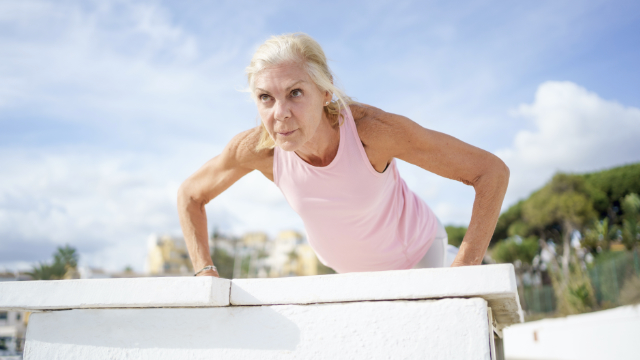
As we age, falling becomes a significant concern, especially for seniors. Falls can lead to severe injuries, such as fractures and head trauma, significantly impacting seniors' independence. However, the good news is that many falls can be prevented.
Here are ten strategies, based on advice from the Mayo Clinic, Cleveland Clinic, and the National Institutes of Health (NIH), that seniors and their caregivers can implement to reduce the risk of falls.
- Regular Exercise: Regular physical activity strengthens muscles and bones, improves balance and coordination, and can prevent falls. Weight–bearing exercises, such as walking or climbing stairs, are particularly beneficial.
- Home Safety Assessment: Remove tripping hazards, ensure adequate lighting, install grab bars in the bathroom, and ensure all pathways are clutter–free.
- Regular Vision and Hearing Checks: Impaired vision or hearing can increase the risk of falls. Regular check–ups can ensure that any issues are detected and managed early.
- Medication Review: Some medications can cause dizziness or confusion, increasing the risk of falls. Regular reviews with a healthcare provider can help manage these side effects.
- Proper Nutrition: A diet rich in calcium and vitamin D is essential for bone health. Strong bones can reduce the risk of fractures if a fall does occur.
- Limit Alcohol: Excessive alcohol can impair balance and reflexes, increasing the risk of falls. Wear Proper Footwear: Non–slip, well–fitting shoes can significantly reduce the risk of slips and falls.
- Use Assistive Devices: Canes or walkers can provide additional stability for those who need it. Stay Hydrated: Dehydration can lead to dizziness and confusion, increasing the risk of falls.
- Regular Check–ups: Regular health check–ups can help detect any health issues that might increase the risk of falls.
Physical Therapists Play a Crucial Role in Fall Prevention.
Physical therapists can assess a senior's risk of falling, recommend appropriate exercises, and provide guidance on the safe use of assistive devices. They can also offer personalized strategies for improving strength, balance, and mobility.
Don't Wait Until It is Too Late – Contact Us Today!
While the risk of falls increases with age, there are many strategies that seniors and their caregivers can implement to reduce this risk. If you or a loved one needs help with fall prevention, consider seeking the services of a physical therapist. They can provide valuable guidance and support to help you maintain your strength, mobility, and independence.
Don't wait until a fall occurs. Take action today to protect your future.

